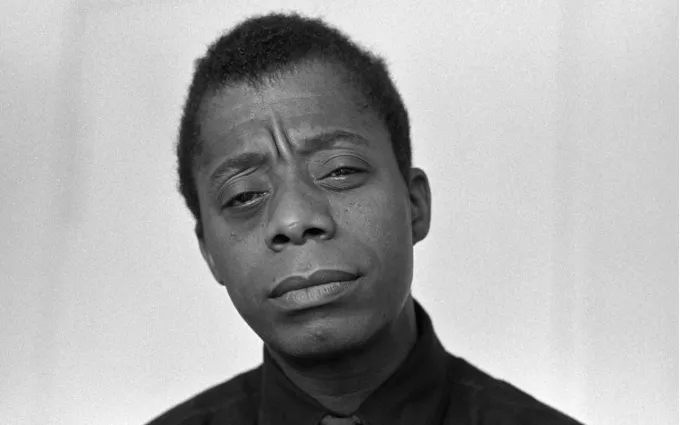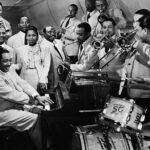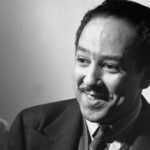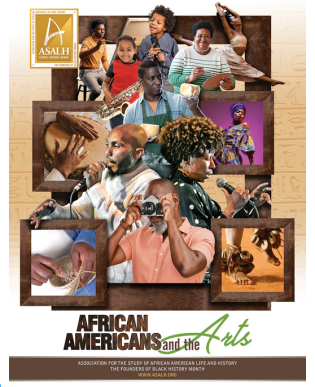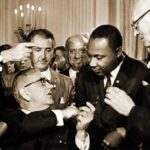James Baldwin, an iconic figure in American literature and civil rights activism, remains a towering presence in the quest for racial and sexual equality. His eloquent explorations of racial, sexual, and class distinctions in Western societies, most notably in mid-20th-century America, have inspired generations. This comprehensive biography delves into Baldwin’s life, his profound impact on literature and civil rights, his notable quotes, and answers to the most commonly asked questions about him.
Early Life and Background
James Arthur Baldwin was born on August 2, 1924, in Harlem, New York City, into a poor African American family. Raised by his mother, Emma Berdis Jones, and stepfather, David Baldwin, a factory worker and Baptist preacher, James was the oldest of nine children. His early life in Harlem, marked by poverty and racial discrimination, profoundly influenced his writing and activism.
Education and Formative Years
Baldwin attended Frederick Douglass Junior High where he met Orilla Miller, who recognized his talent and encouraged his writing. He later went to DeWitt Clinton High School in the Bronx, where his passion for writing flourished. Baldwin worked on the school magazine and refined his craft under the mentorship of teacher Countee Cullen, a leading figure in the Harlem Renaissance.
Literary Career and Accomplishments
James Baldwin’s literary career took off after moving to Paris in 1948, seeking solace from the racial prejudice in the United States. His first novel, “Go Tell It on the Mountain” (1953), is a semi-autobiographical work exploring the complexities of racial, religious, and sexual identity. Baldwin’s essays, notably collected in “Notes of a Native Son” (1955) and “The Fire Next Time” (1963), dissect the black experience in America with piercing clarity and insight. His other notable works include “Giovanni’s Room” (1956), a groundbreaking novel due to its explicit portrayal of homosexuality, and “If Beale Street Could Talk” (1974), a love story amidst racial injustice.
Baldwin’s eloquence and keen social insights made him a prominent spokesperson for the civil rights movement. He participated in numerous lectures and debates, advocating for equality and understanding.
Legacy and Death
James Baldwin passed away from stomach cancer on December 1, 1987, in Saint-Paul-de-Vence, France, but his legacy endures. Baldwin’s work continues to be celebrated for its contribution to literature, its pioneering portrayal of race and sexuality, and its profound impact on the civil rights movement. He is remembered as a fearless critic of social injustices and an advocate for a more inclusive and equitable world.
Famous Quotes by James Baldwin
- “Not everything that is faced can be changed, but nothing can be changed until it is faced.”
- “You think your pain and your heartbreak are unprecedented in the history of the world, but then you read.”
- “I can’t believe what you say, because I see what you do.”
- “Love does not begin and end the way we seem to think it does. Love is a battle, love is a war; love is a growing up.”
Top 20 Questions About James Baldwin
- When was James Baldwin born?
- August 2, 1924.
- What themes did Baldwin explore in his works?
- Racial, sexual, and class distinctions.
- What was Baldwin’s first novel?
- “Go Tell It on the Mountain.”
- Did Baldwin participate in the civil rights movement?
- Yes, he was an active participant and spokesperson.
- Where did Baldwin spend much of his adult life?
- France, to escape American racism.
- Was Baldwin openly gay?
- Yes, he was open about his homosexuality.
- What is one of Baldwin’s most famous essays?
- “The Fire Next Time.”
- How did Baldwin die?
- From stomach cancer.
- Where is James Baldwin buried?
- He was cremated, and his ashes were scattered.
- Did James Baldwin have any children?
- No, Baldwin had no children.
- What was Baldwin’s view on religion?
- He was critical of organized religion’s role in perpetuating racism.
- How did Baldwin’s stepfather influence him?
- His stepfather’s strictness and the challenges of their relationship influenced Baldwin’s views on identity and oppression.
- What awards did Baldwin receive?
- Baldwin received several awards, including the Eugene F. Saxton Memorial Trust Award and a Guggenheim Fellowship.
- Which universities did Baldwin attend?
- Baldwin did not attend college; his education was primarily through public schools and self-study.
- Did Baldwin write any plays?
- Yes, he wrote plays like “The Amen Corner” and “Blues for Mister Charlie.”
- What was Baldwin’s relationship with Malcolm X and Martin Luther King Jr.?
- Baldwin was friends with both but had philosophical differences with them regarding civil rights strategies.
- Has Baldwin been recognized posthumously?
- Yes, through numerous tributes, documentaries, and posthumous recognitions.
- What impact did Baldwin’s work have on the LGBTQ+ community?
- His open discussion of homosexuality and critique of societal norms significantly impacted LGBTQ+ rights and visibility.
- How did Baldwin’s time in France influence his writing?
- It provided him with the perspective to critique American society more freely and profoundly.
- What is Baldwin’s lasting impact?
- Baldwin’s work continues to influence discussions on race, sexuality, and the human condition, serving as a powerful tool for social change.
James Baldwin’s life and work continue to resonate, offering timeless insights into society’s most pressing issues. Through his fearless exploration of taboo subjects and his unwavering commitment to truth, Baldwin remains a beacon of hope and understanding in the ongoing struggle for equality and justice.

